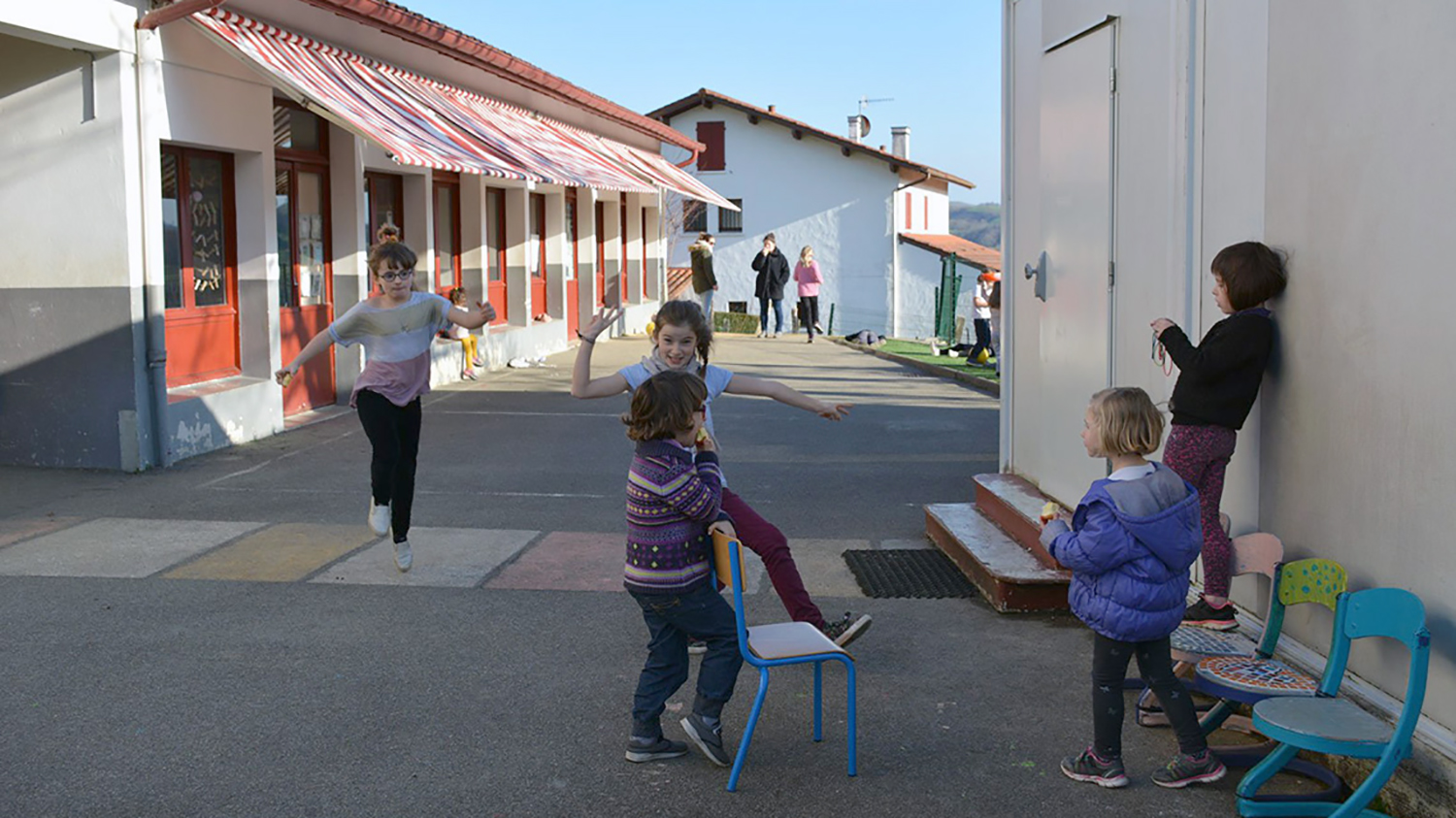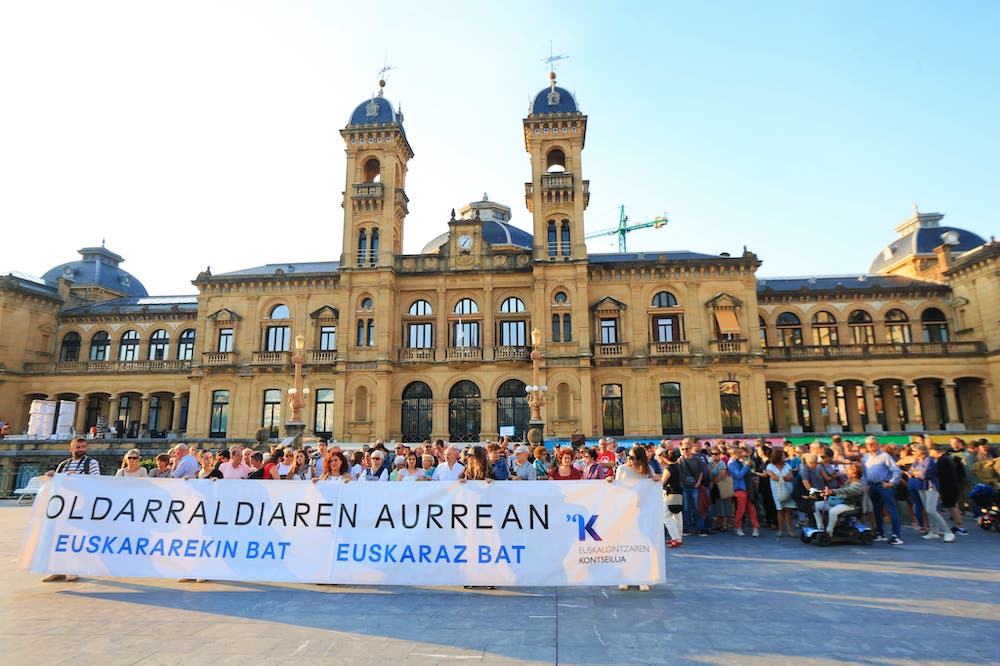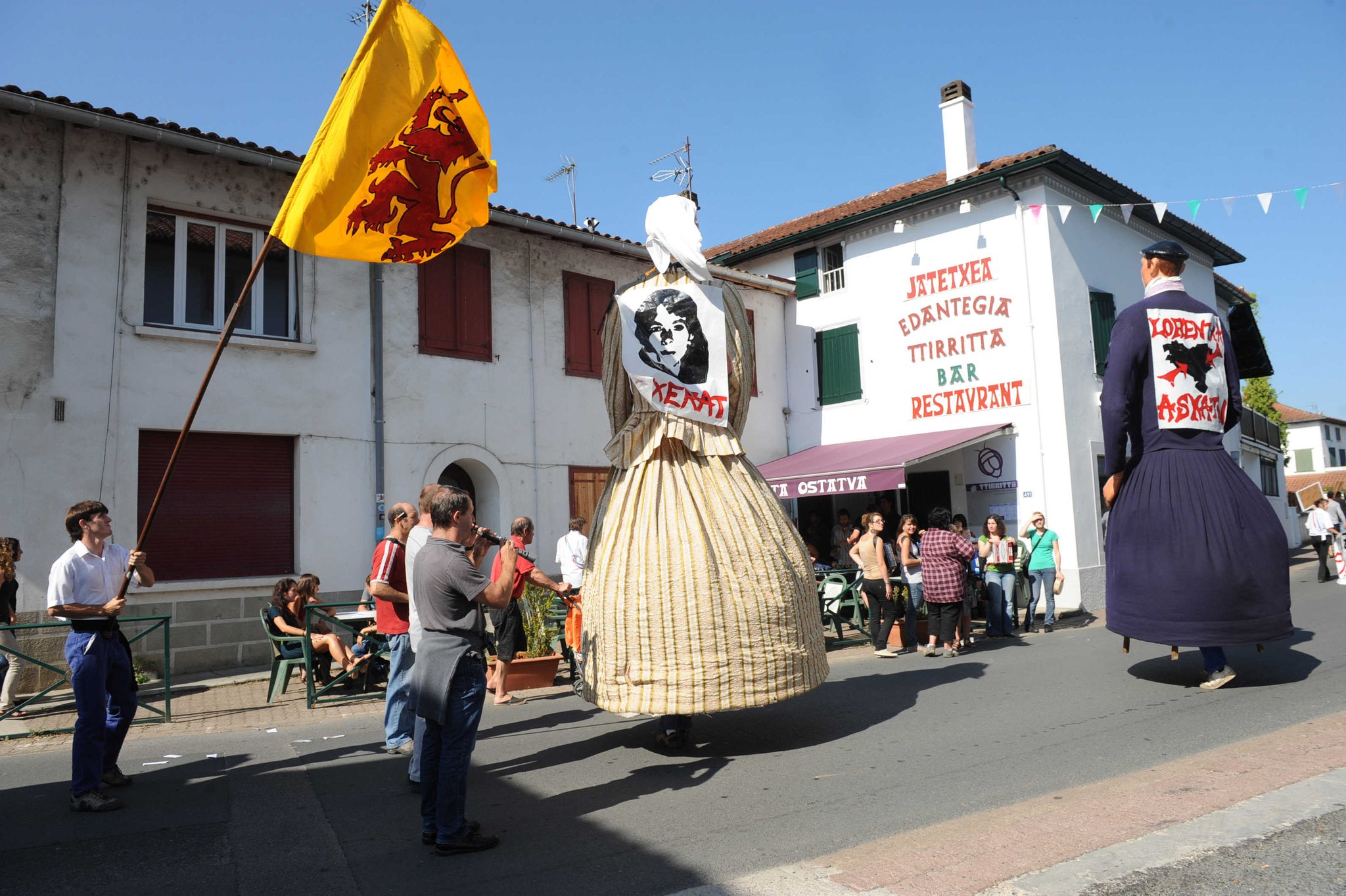He worked in the Romanesque Linguistics section. He studied French, Spanish and Portuguese, and was asked to analyze the language of immigrants of Italian, Spanish and Portuguese origin. “At that time there was a lot of talk about a language that was created among immigrants, who said ‘German pidgina’. Let's investigate that!" I said.
And what?
The first thing I learned was that there was no pidgeneva. Immigrants were learning German. Not perfect, because they didn't have time to attend language courses, because they worked from morning to night, but they studied. He had friends of Spanish origin, were workers in Germany and also had associations, “cultural circles of Spanish workers in Germany”. It was a CCOO initiative, still a time of fascism in Spain. Very interesting people. For example, I had a friend, the Andalusian, who in my life had been in school for four years, and instead, I wrote a very good poetry.
The fact is that we did this work, that is, we studied the natural lesson of students of Italian, Spanish and Portuguese origin in the 1970s and 1980s.
“Natural learning”…
Yes, that is what was said at that time, “natural”, an unattended process. We learned, for example, that similar times were happening in their learning, even though situations and people are very different. This meant something, that is, that the brain has the ability to learn languages, that children obviously also have, but that as we get there, we get a part of that capacity or capability. However, another section does not stop working and, as a result, the person is able to learn languages even in adulthood, even if he does not make a thorough reflection on the language.
Learn, but not in a perfect way, as you said.
They will never be natives. There are correctness, pertinence, simplicity... There are intonation, rhythm, cadence... I, however, have mainly focused on the importance of age in my research. I've also worked with neurologists at the medical school. We've worked the brain's imagination to find out what the loss of the ability to learn languages of all human beings is to blame for, which we've lost since we're 2 years old. Well, we don't lose it, but we can't use it as we want. The capacity is due to the maturity of the brain, but it does not affect all parts of the language to the same extent. The dictionary, for example, can be learned at any time and always, even when we are eighty years old. Instead, the essence of language, the grammar, is harder. In fact, grammar is the element that distinguishes the human language from the communicative system from all other beings.
The child learns the language as soon as it reaches the world. By default, before.
Does it precede me?
Yes. We have some intrauterine recordings. You hear it as if there was a wall between them. A week-old child is able to distinguish the language of his or her parents and when they are bilingual, both are able to differentiate it. Of course, he doesn't know the language, but he distinguishes them, because he's heard them since he's inside the womb. Development therefore begins before it comes into the world. Language proficiency varies from birth to the age of 15. However, the first five are the most important: Start opening the “Options window”. At first, the child doesn't make an entire sentence, the window isn't totally open. Chomsky says that we don’t learn any language, but “it happens to us.” We cannot galarazi.Hizkuntzen teach learning on the one hand and acquire languages on the other.
It's a little controversial, but there it is. Finally, going back to my research, it was clear that adults were learning German in one way or another, and the next question arose in the face of children. In fact, the children of these immigrants learned German without mistakes. And our question at that time: “How is it possible that children learn both languages and learn both well?” Of course, today the question is not so important, but when I started reading this and that – around 1980 – I realized that nobody knew much. Research was scarce. We started working in Hamburg with bilingual children. We first took those who spoke French and German. Then, Portuguese and German. Thirdly, in Vitoria-Gasteiz, the children spoke Basque and Spanish. We have been researching for fifteen years and the conclusion was unrealistic: children do not mix language, distinguish both languages from very young, develop them as natives. Today there is no doubt that the linguistic competence of the human being favours bilingualism and even multilingualism. In cases where we learn a single language – as I, as a little I only learned German – it is a missed opportunity, genetically, biologically, we are made to learn more from one language.
What we don't do in children, we do in adulthood.
Yes, we always have the opportunity to learn languages. Up to 80 years old, too. But we will not have the same success, not the same level of perfection. This is the advantage of all children learning languages perfectly, either one or two. Adults have higher ups and downs and greater difficulties. As regards language learning, the adult is technically over 10 years of age. According to a study carried out in Sweden, almost 3% of adults learn the second language as natives; while they speak, they barely differ from the true natives. However, they have been given a language test, and you will see that 3% is not native. People who are not in that 3% adult have more difficulty learning the second language well.
Does it mean that it depends on the person?
In the case of adults, yes. In children, it is different: all children have the same possibilities and abilities to learn a second language. From birth to 8-10 years, all boys and girls have a similar capacity. Everyone has that gift or that capacity for language. From 8-10 years old, some people are more skilled than others.
Why?
Good question! We don't know. We specialists don't know why. There are tests, tests, tests... and they say: “Halako is easy to learn languages. So, no.” They're good tests, useful, but we don't know why one person has ease in learning the language and another doesn't. There's something in the brain, although we don't know what it is. Of course, I'm discarding psycho-social factors: if you don't want to learn, you can hardly learn.
If you don’t want to…
In the same decade of the 1980s, we conducted a series of studies that were disappointing, because the result was well known. If the situation is contrary to the second language, that is, if the Spanish immigrant did not want to learn German, if he did not always go with the Spaniards, if he did not go with the Germans, if he read only Spanish newspapers, etc., he could not learn German. On the contrary, if the situation was favourable, if that worker was related to other workers, to the Germans, if he saw television in German…, some learned and some did not.
That's the knot: if the situation is the opposite, you won't learn. If the situation is favourable, sometimes yes, sometimes not.
Some learn, some don't. There are no guarantees. Right now I'm working in Germany to get children to learn the second language in time. We have produced a report, we have given it to the government – I do not know if it will read it – and that is what we say: “You have to learn the second language as soon as possible.” Of course, the situation in Germany is not that of the Basque Country. Today, most of the immigrants we have there are of Turkish origin. There are many, about three million, and having so many is what it means, they can live almost as if they were in Turkey, not to mention any German. There are many children, thousands and thousands, many Turks, but also of Spanish origin, and even if they were born in Germany, until school they speak only Turkish or Spanish. And in Germany, compulsory school doesn't start before age six. It is too late. And now we know that between the two years of our birth there are many things that move and happen in our brains. As for language, most grammar is learned between the ages of 3 and 4 in the first year. Without fear of making mistakes, we can say that by the age of 3 we learn most of the grammar of a language.
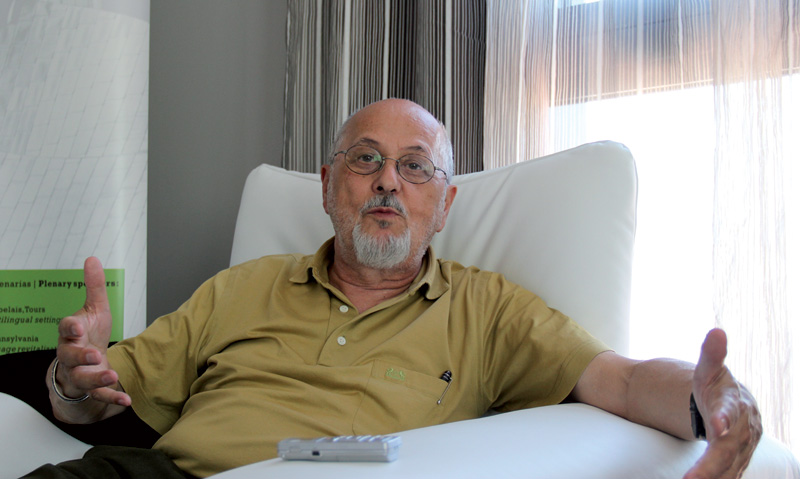









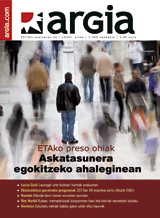


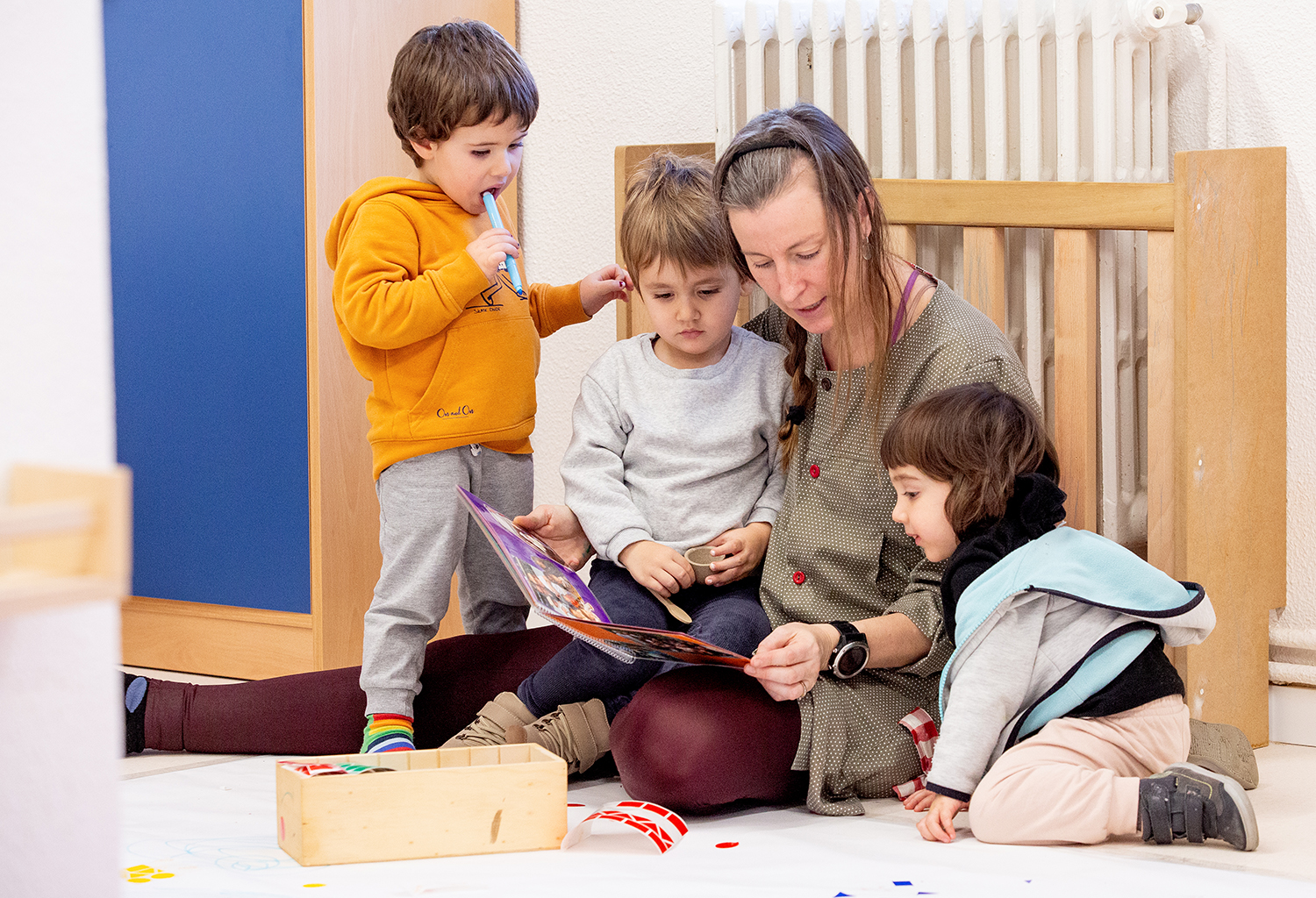
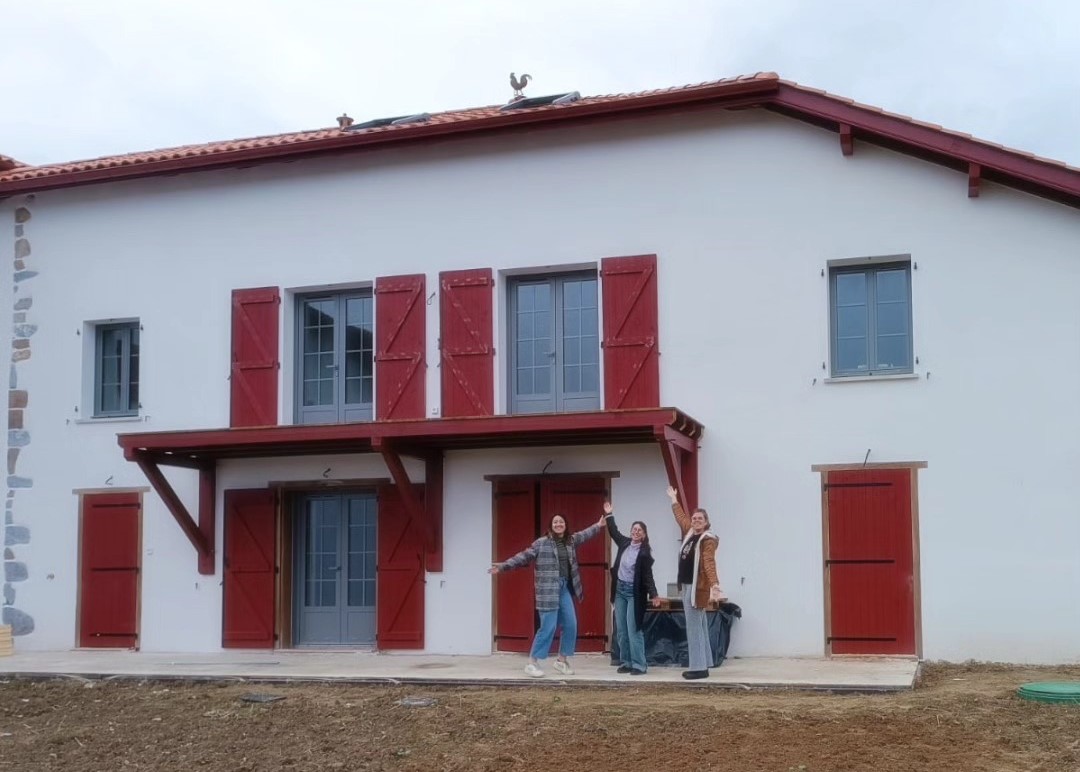

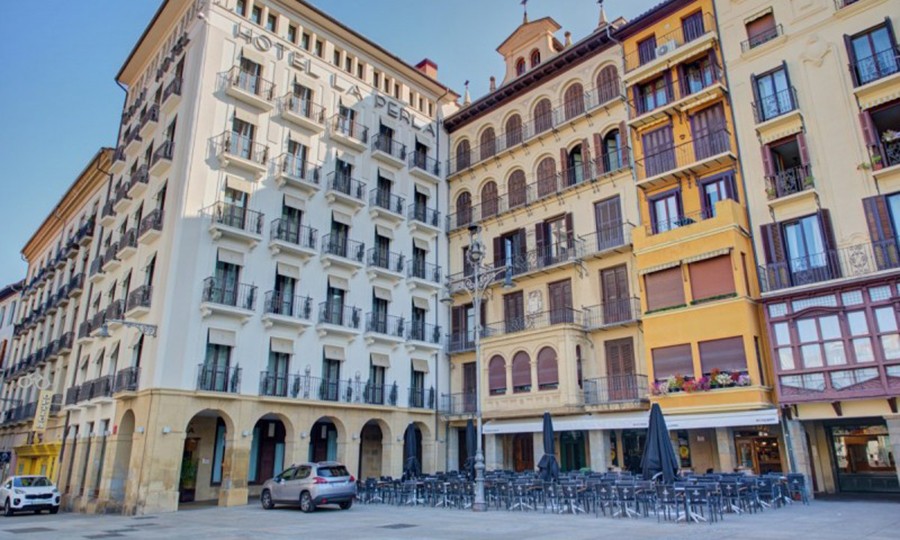


.jpg)

